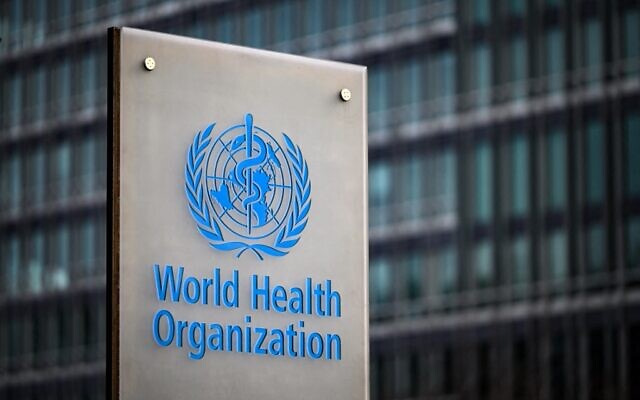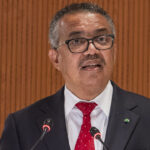
The World Health Organisation (WHO) has released its updated Bacterial Priority Pathogens List (BPPL) 2024 to combat the growing threat of Antimicrobial Resistance (AMR).
This list identifies 15 families of antibiotic-resistant bacteria categorised as critical, high and medium priority to guide the development of new treatments.
AMR is a serious public health concern where bacteria, viruses and other microbes become resistant to drugs, rendering them ineffective.
According to the press statement released by the WHO on its website, yesterday, AMR is driven in large part by the misuse and overuse of antimicrobials.
The updated BPPL incorporates new evidence and expert insights to guide research and development (R&D) for new antibiotics and promote international coordination to foster innovation.
WHO’s Assistant Director-General for Antimicrobial Resistance ad interim, Dr. Yukiko Nakatani, said: “By mapping the global burden of drug-resistant bacteria and assessing their impact on public health, the list is key to guiding investment and grappling with the antibiotics pipeline and access crisis.
“Since the first Bacterial Priority Pathogens List was released in 2017, the threat of antimicrobial resistance has intensified, eroding the efficacy of numerous antibiotics and putting many of the gains of modern medicine at risk.”
The international health body said critical priority pathogens, such as gram-negative bacteria resistant to last-resort antibiotics, and Mycobacterium tuberculosis resistant to the antibiotic rifampicin, present major global threats due to their high burden and ability to resist treatment and spread resistance to other bacteria.
“Gram-negative bacteria have built-in abilities to find new ways to resist treatment and can pass along genetic material that allows other bacteria to become drug-resistant as well.
“High priority pathogens, such as Salmonella and Shigella, are of particularly high burden in low- and middle-income countries, along with Pseudomonas aeruginosa and Staphylococcus aureus, which pose significant challenges in healthcare settings.”
WHO’s Assistant Director-General for Universal Health Coverage, Communicable and Noncommunicable Diseases, Dr Jérôme Salomon, also said: “Antimicrobial resistance jeopardises our ability to effectively treat high burden infections, such as tuberculosis, leading to severe illness and increased mortality rates”
WHO also emphasises the need for a comprehensive public health approach to addressing AMR, including universal access to quality and affordable measures for prevention, diagnosis and appropriate treatment of infections.












